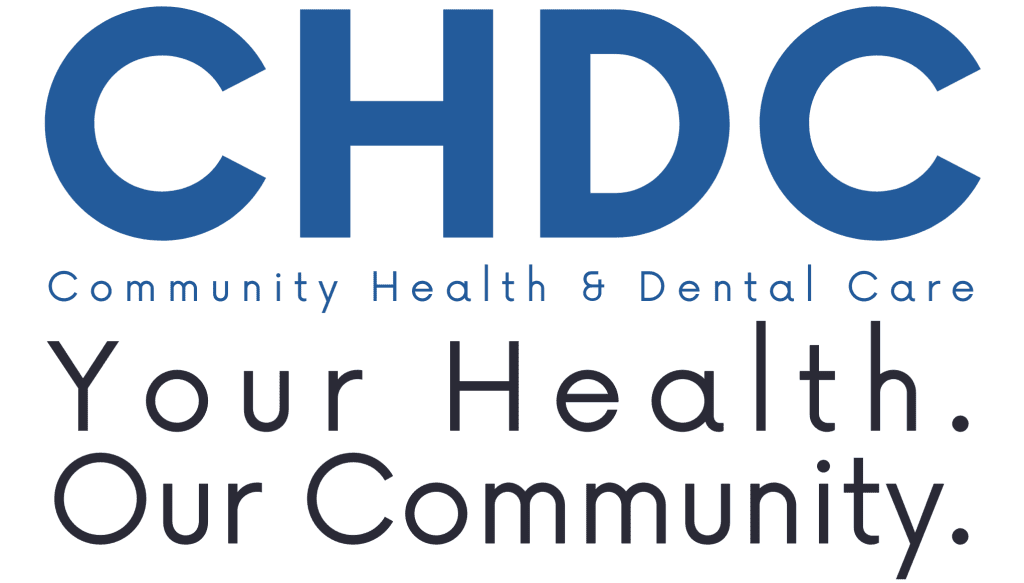Coronavirus: Be informed. Take Precautions
Coronavirus
By now you have heard of the pandemic virus that has traveled across the globe. With the news media covering this outbreak day and night, it can be hard to distinguish the facts. That's why we set out to answer some of your biggest questions surrounding the virus, how to avoid getting it, and what you should do if you think you have it.
What is Coronavirus?
Coronavirus, or COVID-19 is a new virus originating from Wuhan, China. It has infected over 179,000 people globally and more than 7,000 people in the United States as of March 17, 2020.
What are the symptoms?
The most common symptoms are a dry cough, fever and shortness of breath. This has been compared to the symptoms you may experience when you get the flu, though more severe. Some cases are so mild that you may not even notice them, others can become increasingly serious and life-threatening. It all depends on your body's response to the virus and whether you have underlying health conditions that create complications in fighting it off.
What do I do if I think I have Coronavirus?
The most important thing you can do is contain it. Isolate yourself from other people and call your physician immediately if you start to have symptoms. They can help diagnose you and get you tested if necessary. For mild cases, staying hydrated, resting and taking a fever reducer can help. More serious cases may require hospitalization and other treatments.
How does coronavirus spread?
Coronavirus is highly contagious and is spread person-to-person. This can happen through respiratory water droplets being transmitted when someone coughs or sneezes, or through touching infected surfaces. The initial reports were of people spreading it through someone who they knew was infected, but now there are cases where people do not know how they contracted it. There is still much to learn about COVID-19.
How can I prevent contracting the virus?
The best prevention method is to avoid being exposed to begin with. Wash your hands frequently and avoid touching your face. Avoid crowded areas and public transportation if possible. Use disinfectant wipes or hand sanitizers after touching surfaces. If you or someone you know was exposed, stay home and call your doctor.
Is it safe to travel?
Currently there is a travel ban on passengers coming from Europe to the US. Whenever you travel, you risk exposure and further community spreading of the virus. Right now, the CDC warns against all non-essential travel. If you have recently come back from a country with an outbreak of coronavirus, isolate yourself and call your doctor for directions on what to do further.
For further guidance on how to help keep yourselves and others safe, please visit the CDC website or the PA Department of Health website.
